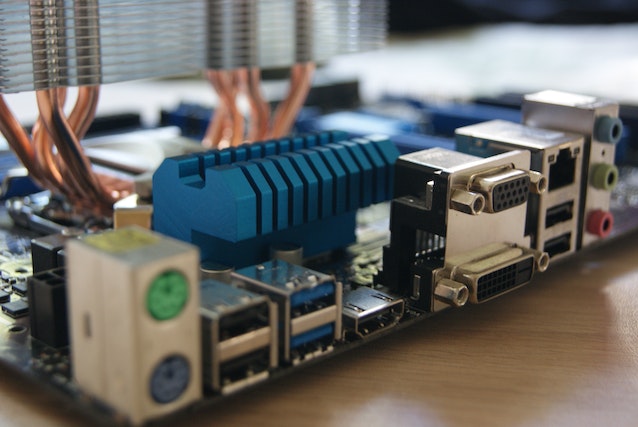In a world driven by technology and connectivity, the demand for reliable and efficient cabling solutions is greater than ever before. Among the myriad of cable options available, M12 cables stand out as a versatile and robust choice. These cables have found their place in various industries, from industrial automation to telecommunications and beyond. In this blog, we will explore the world of M12 cables, delving into their features, applications, and the benefits they offer.
What Are M12 Cables?
M12 cables, also known as M12 connectors, are circular, compact, and robust cables and connectors commonly used for data and power transmission. The “M” in M12 stands for metric, indicating the standardization of the connector’s dimensions. The number “12” denotes the diameter of the connector in millimeters. M12 cables come in various pin configurations, with the most common ones being 3, 4, 5, 8, and 12 pins. This variety in pin counts allows M12 connectors to support different data and power requirements.
Features of M12 Cables
- Robustness: M12 cables are designed to withstand harsh industrial environments. They are built to be resistant to dust, moisture, and mechanical stress, making them ideal for use in manufacturing, automation, and outdoor applications.
- Versatility: M12 cables are versatile, with options for both power and data transmission. They can be used in Ethernet applications (such as M12 Ethernet cables) and power transmission (M12 power cables). This versatility is a key advantage, allowing for simplified cabling systems.
- Circular Design: The circular design of M12 connectors enhances their resistance to vibration and accidental disconnections. This makes them particularly reliable in environments where stability is crucial.
Applications of M12 Cables
- Industrial Automation: M12 cables are widely used in industrial automation, connecting sensors, actuators, and control systems. Their robustness and resistance to environmental factors make them ideal for this demanding environment.
- Telecommunications: M12 connectors are often used in telecommunications equipment, providing reliable data transmission and connection stability, especially in outdoor installations.
- Transportation: In the transportation industry, M12 cables are employed in applications like vehicle sensors, cameras, and onboard computers, ensuring reliable data and power connections in rugged conditions.
- Medical Devices: M12 connectors are also used in medical devices, where reliability and durability are paramount. They help ensure the consistent and secure operation of healthcare equipment.
Benefits of Using M12 Cables
- Reliability: M12 cables are known for their high reliability, ensuring uninterrupted data and power transmission even in challenging conditions. This reliability reduces downtime and maintenance costs.
- Easy Installation: M12 connectors are user-friendly and easy to install, reducing installation time and costs. They often feature screw-locking mechanisms for secure connections.
- Standardization: M12 connectors follow standardized dimensions and pin configurations, making it easier to source compatible components and replacements.
- Cost-Effective: M12 cables offer a cost-effective solution, especially in industrial and outdoor applications where their durability and longevity help reduce replacement and maintenance costs.
